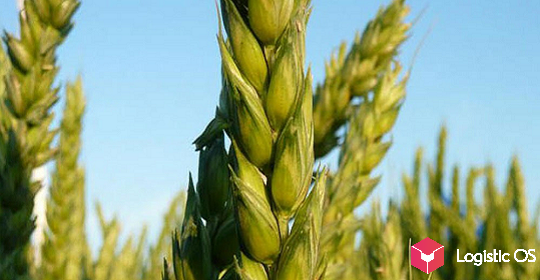The draft of the relevant government decree is posted on the website of legal acts.
On April 1, 2022, a ban was introduced in Russia on the export of rapeseed abroad, valid until August 31, 2022.
According to the draft document prepared by the Ministry of Agriculture, prohibitive measures on the export of rapeseed from the Russian Federation will continue to operate from September 01, 2022 to February 28, 2023.
The Zabaikalsk checkpoint will be an exception, as the geographical location of the Far East region, the lack of processing capacity for rapeseed, as well as logistical difficulties in transporting it across Russia, may reduce crop production in the region.
In 2021, the Trans-Baikal Territory produced 19.8% less rapeseed than in 2020 (14.9 thousand tons).
In general, 2.79 million tons of rapeseed were produced in Russia in 2021, in the Siberian Federal District — 1.19 million tons.
In 2020, rapeseed production amounted to 2.57 million tons and 0.9 million tons, respectively.
The total processing capacity of rapeseed seeds in Russia is 3 million tons, and in 2021, 684.5 thousand tons of rapeseed oil were produced.
The loading of their own processing enterprises, in the first place, is the reason for the ban on the export of rapeseed.
At the same time, there is an assumption that, due to the reduction in the supply of sunflower oil, corn or rapeseed oil may be used more often in the agro-industrial complex.
The draft Government Decree also proposes to extend the export duty on soybeans until August 31, 2024.
This measure is dictated by the need to meet the demand for soybean meal in the domestic market.
In 2021, 4.76 million tons of soybeans were produced in Russia.
At the same time, production in the Far East amounted to 1.67 million tons, of which 68% (1.138 million tons) — in the Amur Region.
Compared to 2020, the increase in production amounted to:
10.4% — all of Russia
15.17% — Far Eastern Federal District.
By 2025, it is planned that the production of soybeans will increase to 7.5 million tons, in the Far Eastern Federal District to 3.3 million tons.
Experts reacted differently to the extension of restrictions on the export of rapeseed and soybeans: in 2022, Russia expects a record harvest of oilseeds, including 4 million tons of rapeseed. This is a lot.
There are doubts that domestic processors will be able to process the entire volume of rapeseed, for example, and send part of the meal and oil for export.
The non-application of restrictions for Transbaikalian producers is a good step that will allow maintaining the profitability of production in the Transbaikal Territory, finding new markets, avoiding overstocking and reducing production.
This is the only region where crop production is based on oilseeds, which, in turn, date the production of wheat, barley, oats, etc.
At the same time, the Far East consumes 1 million tons of soybeans while producing 1.8 million tons, respectively, 800 thousand tons will be exported and will be subject to a duty, the extension of which is a very tough measure for the Far East.

